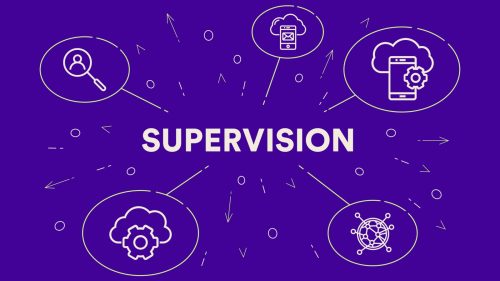The first step in any research project is to identify the central themes and topics that will guide the investigation. This involves:

A thorough survey of literature is crucial for grounding the research in existing knowledge:

A well-structured research plan and timeline are vital for managing the research process:


Once the research theme is identified, the next step is to build a conceptual framework and formulate hypotheses:

Choosing the appropriate research methodology is essential for the success of the study:

Personalized supervision ensures that researchers receive tailored guidance and support throughout the project:
00968-92502569
00968-92502303
00968-95592627
info@grdanalytics.com
grdacompany@gmail.com
Oman, Muscat, Bausher,
wayno.51 , building
no.1/38 .
near Al-Ameen Mosque.

00968-92502569
00968-92502303
00968-95592627
info@grdanalytics.com
grdacompany@gmail.com
© 2024 GRD ANALYTICS. All Rights Reserved.